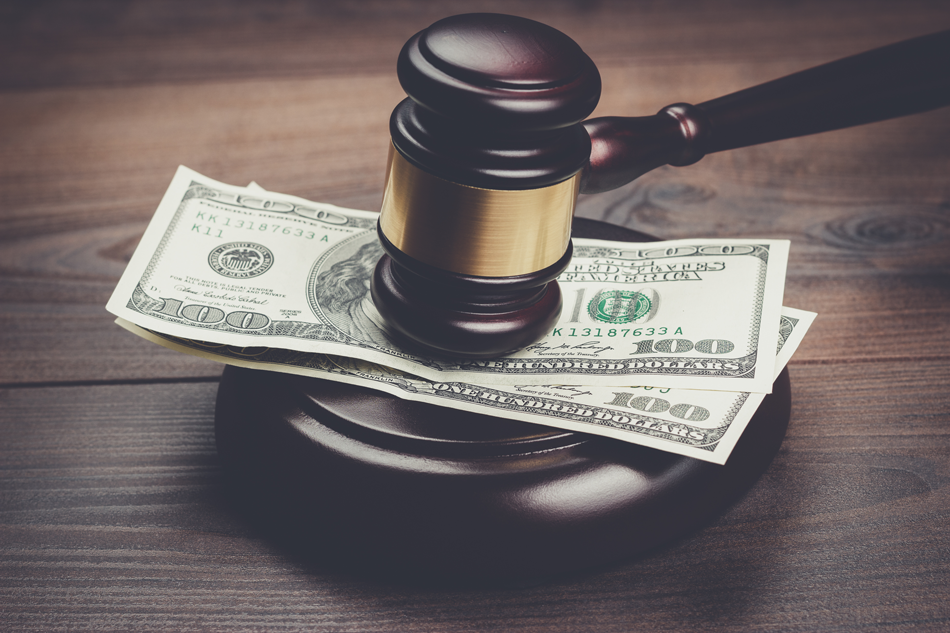In Tort Law, personal injury is a term used to define the bodily or mental harm in consequence of negligent act or omission which allows the injured person to take legal action against the liable party. Thereafter a court decision was made or the insurer accepted the liability, the party caused harm is obliged to compensate for the claimant’s loss. Monetary damages might be made for the claimant’s economic loss and non-economic. The economic loss relates to direct or indirect financial sufferings due to the accident. Loss of past income due to injuries and loss of future income as a result of permanent impairment and decreased earning capacity are among the examples of economic loss. The injured person may claim compensation and be awarded lump sum in addition to wage replacements depending on their situation. However, the extent of the entitlements varies in compliance with the relevant Act. The injured person should comprehend their entitlements before claiming for compensation as the entitlements might be slightly modified. Therefore, it is recommended to get legal aid from a personal injury lawyer as the process should be handled professionally to reach the best outcome.
Lump sum compensation
In Tort Law, the businesses should provide their services in a responsible manner to avoid any risk that might result in harm. This is defined as the duty of care. If this duty is breached by a lack of taking action to prevent accidents or failures to fulfil requirements to provide a safe environment, the duty is violated. Damages that might be awarded to the claimant will be linked to the negligent act of the business and the medical condition of the injured person. Nevertheless, the contribution of the claimant’s actions to the case will also be taken into consideration. Generally, once the lawsuit is concluded, the defendant or their insurer is enacted to cover the plaintiff’s loss by way of compensatory damages which might include damages for medical expenses, loss of income and surgeries and with general damages for pain & suffering, decreased life expectancy and psychological sufferings. The required threshold degree for permanent impairment to meet might differ in compliance with the relevant Act and the no-fault scheme.
Duty of Care
Duty of care is the legal obligation of businesses, health care providers and any other professionals offering services to provide their customers, clients or visitors with a safe environment and eliminate any risk that might lead to unfavourable results. The duty of care relations might be between the doctor and the patient, the employer and the worker, the business and the customer and the property owner and their visitors. Once this duty is breach either by failure to provide services in accepted standards or lack of action to take precautions, the claimant can take legal action.
The process
The claimant or their legal representative should prove the liability for a successful claim as injuries due to obvious risks might not be considered as a valid reason to file a lawsuit. Throughout the case, you should be organised to prove the liability and your loss. Documents demonstrating both your financial loss and the medical situation will be needed as the compensation will be based on the situation and your indirect financial sufferings due to permanent impairment. Personal injury claims are complicated especially whilst suffering injuries. Letting a personal injury lawyer to handle the process will be to your favour as their skills and competence are likely to support you during your claim. Being aware of your rights and your entitlements will lead to greater results as a lack of information and unintentionally overlooked evidence makes a great impact on the case.
